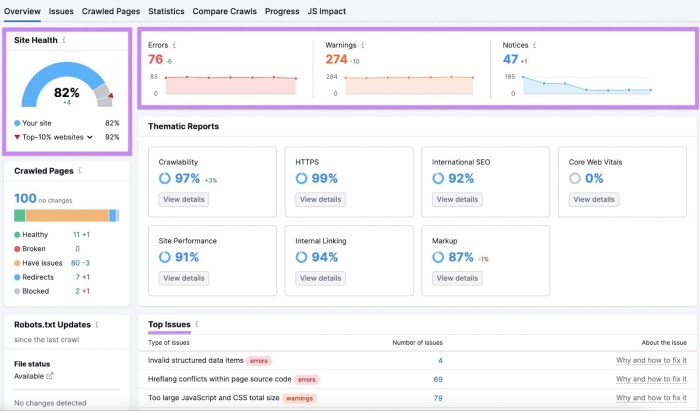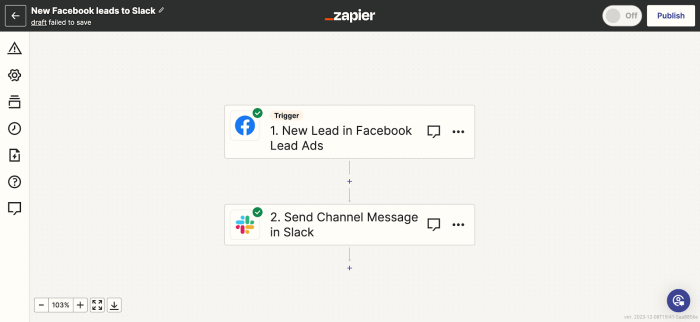Sales and marketing software for small businesses is revolutionizing how entrepreneurs connect with customers and drive growth. It streamlines processes, improves efficiency, and empowers small teams to compete effectively in today’s dynamic market. From automating simple tasks to providing comprehensive analytics, this software offers a powerful toolkit for success.
This guide explores the key features and benefits of various sales and marketing software options available for small businesses. We’ll delve into the practical applications, comparing different tools to help you make informed decisions.
Small businesses often face challenges in managing sales and marketing effectively. Efficient tools can significantly boost their performance, leading to increased revenue and market share. This comprehensive guide explores various sales and marketing software options tailored for small businesses, providing insights into key features, benefits, and considerations.
Understanding the Needs of Small Businesses
Small businesses operate with limited resources. Effective sales and marketing software should streamline processes, optimize budgets, and maximize return on investment (ROI). Key needs include:
- Simplified Sales Processes: Automating tasks like lead management, contact tracking, and sales forecasting.
- Enhanced Marketing Strategies: Targeting the right customers with personalized campaigns and analyzing campaign performance.
- Budget-Friendly Solutions: Finding software that aligns with the financial constraints of small businesses.
- User-Friendly Interfaces: Software that’s easy to learn and use, minimizing training time.
- Scalability: Software that can grow with the business’s expanding needs.
Types of Sales and Marketing Software: Sales And Marketing Software For Small Businesses
Various software solutions cater to different needs. Here are some common types:
Customer Relationship Management (CRM) Software
CRMs are crucial for managing customer interactions and relationships. They help track leads, manage contacts, and automate sales processes. Popular CRM options include Salesforce, HubSpot, and Zoho CRM.
Marketing Automation Software
Marketing automation software automates repetitive marketing tasks such as email marketing, social media posting, and lead nurturing. Tools like Mailchimp, Constant Contact, and ActiveCampaign are popular choices.
E-commerce Platforms
For businesses selling products online, e-commerce platforms are essential. Platforms like Shopify, WooCommerce, and BigCommerce provide tools for online stores, order management, and payment processing.

Source: semrush.com
Social Media Management Tools
Managing multiple social media platforms can be time-consuming. Tools like Buffer, Hootsuite, and Sprout Social simplify social media marketing, scheduling posts, and tracking engagement.
Project Management Software
Project management tools like Asana, Trello, and Monday.com can streamline sales and marketing workflows, improving collaboration and productivity.
Choosing the Right Software for Your Business
Consider these factors when selecting sales and marketing software:
Features and Functionality, Sales and marketing software for small businesses
Evaluate the software’s specific features to see if they meet your business’s needs. Consider integration with other tools you use.

Source: semrush.com
Pricing and Plans
Compare pricing models and subscription plans to find a budget-friendly option that scales with your growth.
User Experience and Training
Ensure the software is easy to use and that adequate training resources are available. Consider user reviews.
Customer Support
Assess the level of support offered by the vendor. Quick and helpful support is vital for troubleshooting issues.
Benefits of Using Sales and Marketing Software
Employing these tools offers several advantages:
- Increased Efficiency: Automation streamlines processes, saving time and resources.
- Improved Customer Relationships: CRM systems foster better customer interactions.
- Data-Driven Decisions: Analytics provide insights for optimizing marketing strategies.
- Enhanced Sales Performance: Automation and tracking boost sales conversions.
- Reduced Costs: Efficiency gains translate to lower operational expenses.
Frequently Asked Questions (FAQ)
- Q: What is the best CRM for small businesses?
A: There’s no single “best” CRM. Factors like budget, features, and ease of use should guide your choice. Research reviews and compare options.
- Q: How much does sales and marketing software cost?
A: Pricing varies greatly. Some offer free tiers, while others have subscription models based on features and user count.
- Q: Can I integrate my existing tools with sales and marketing software?
A: Many platforms offer APIs or integrations with other software. Check for compatibility with your current tools.
- Q: How do I choose the right sales and marketing software for my business?
A: Carefully evaluate your needs, budget, and available features. Consider trial periods and demos to assess fit.
Conclusion
Selecting the right sales and marketing software is crucial for small businesses to thrive in today’s competitive landscape. This guide has provided a comprehensive overview of available options, key features, and considerations. By carefully evaluating your needs and researching different solutions, you can find the perfect fit to drive growth and success.
Call to Action (CTA)
Ready to supercharge your sales and marketing? Explore the various software options available and find the perfect solution for your small business today. Start your journey to growth with a free trial or demo!
Sources: (Include reputable website links here, e.g., HubSpot, Salesforce, etc.)
In conclusion, sales and marketing software is no longer a luxury but a necessity for small businesses aiming to thrive. By leveraging the right tools, businesses can optimize their operations, enhance customer engagement, and achieve sustainable growth. The software discussed in this guide offers practical solutions for businesses of all sizes.
FAQ
What are the common pricing models for sales and marketing software?
Pricing models vary widely, from subscription-based plans with tiered options to project-based fees. Factors like the features included, the number of users, and the level of support often influence pricing decisions.
How can I integrate this software with existing business tools?
Many sales and marketing software platforms offer robust APIs and integrations with popular business tools such as accounting software, CRM systems, and project management platforms. This seamless integration ensures data consistency and workflow optimization.
What are the security considerations when using sales and marketing software?
Data security is paramount. Look for platforms with strong security protocols, encryption measures, and compliance certifications. Understanding your software provider’s security policies is essential for safeguarding your business data.
How can I choose the right software for my specific business needs?
Consider your budget, team size, and the specific features you require. Thorough research, testing, and comparing different options based on your needs will help you make an informed decision.